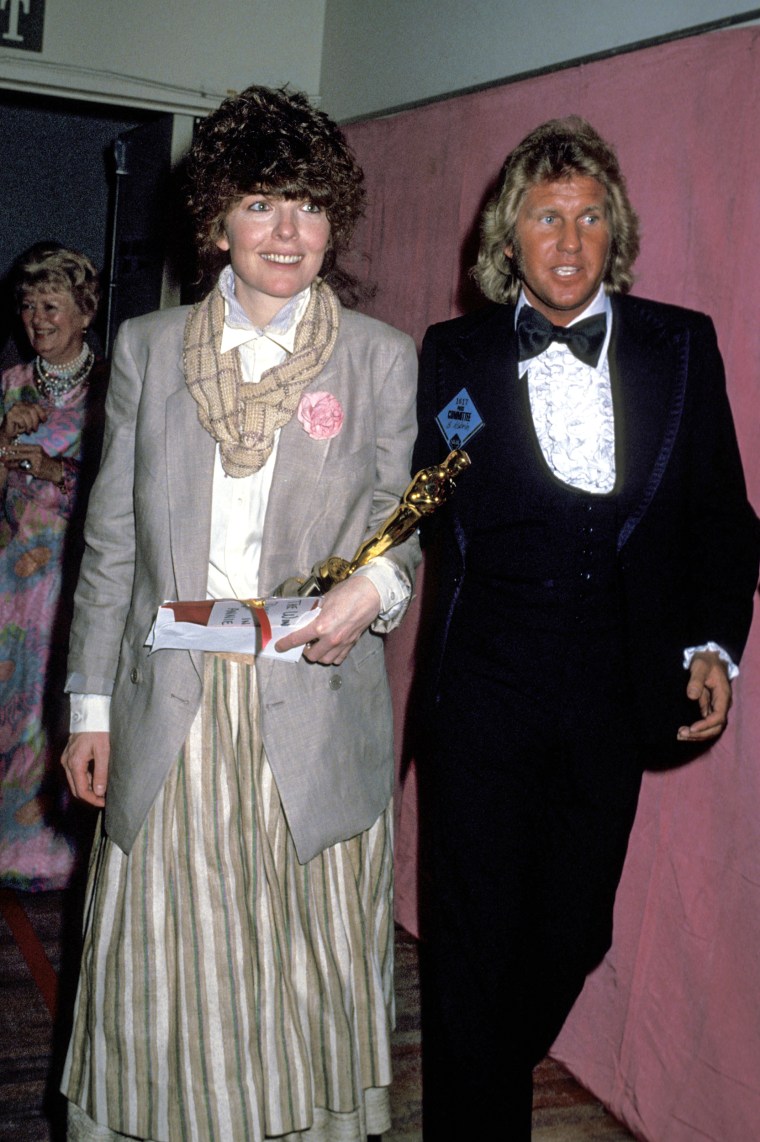Donatella Versace, a fellow Italian designer, posted a photo of Armani on Instagram and wrote that he had made history.
“The world lost a giant today,” she wrote.
Known as “Re Giorgio” — or King Giorgio — he founded his eponymous company in 1975, and it soon became a byword for sleek, understated style that “extended from fashion to every aspect of life,” as the statement put it.
Its breakout moment came in 1980 when it designed the suits worn by Richard Gere in the movie “American Gigolo.” From there, it expanded into a global empire that covered everything from haute couture to high-street fashion, from eyeglasses to shoes, and even homeware.
Armani’s first red-carpet design was worn by Diane Keaton when she attended the Academy Awards in 1978. She won an Oscar for best actress for her role in Annie Hall that night.
Unlike many stars who wore gowns, Keaton wore a skirt and blazer designed by Armani. She wanted to appear as a relatable first and a star second, Armani recalled in a 2020 interview with Grazia.
“It’s interesting to look back at this because, in 1978, all of us were adjusting how we thought of ourselves, socially and professionally,” he said in the interview. “In particular, women were discovering a new voice as professionals.”

Armani added that he found himself being credited with giving these women the wardrobe to compete with their male counterparts. And as the women’s power suit dominated pop culture in the 1970s and 1980s, Armani was the designer to wear or, for his competitors, emulate.
Armani’s pants and unlined jacket created a discernible silhouette that put Italian ready-to-wear on the map. While the suit made Armani’s fashion house famous, his dresses were also revered as he kept the same elegance and emphasis on silhouette that made his designs so popular.
His business expanded beyond clothing to include cosmetics, perfume, home furnishings, accessories, and more. Forbes estimated his net worth at $12.1 billion and ranked him No. 235 of the world’s billionaires.
Armani’s Forbes profile quotes him as saying he’s “never satisfied.”
“In fact, as someone who is forever dissatisfied and obsessive in his search for perfection, I never give up until I’ve achieved the results I want,” he said.
Though the funeral service will be private, in accordance with Armani’s wishes, the wake at the fashion house’s dramatic Milan headquarters and showspace, the Teatro Armani, will be open to the public Saturday and Sunday.

